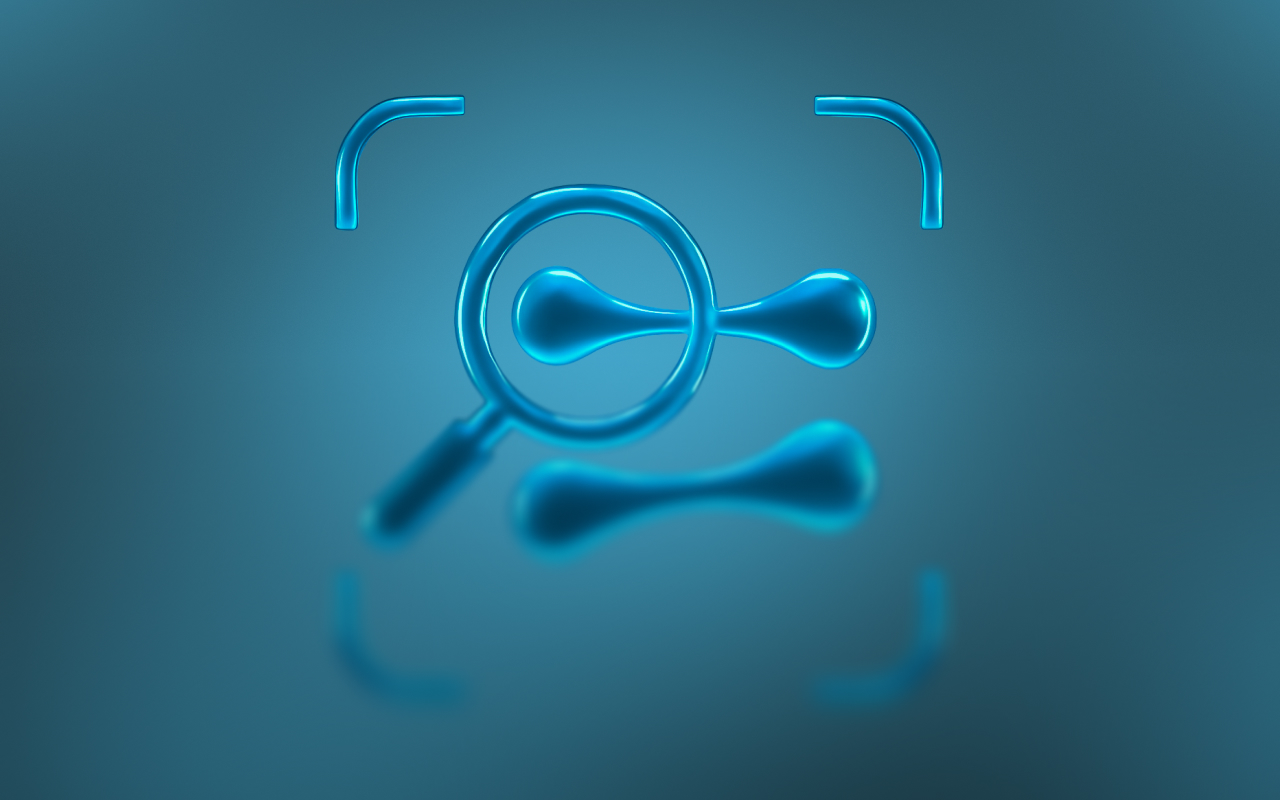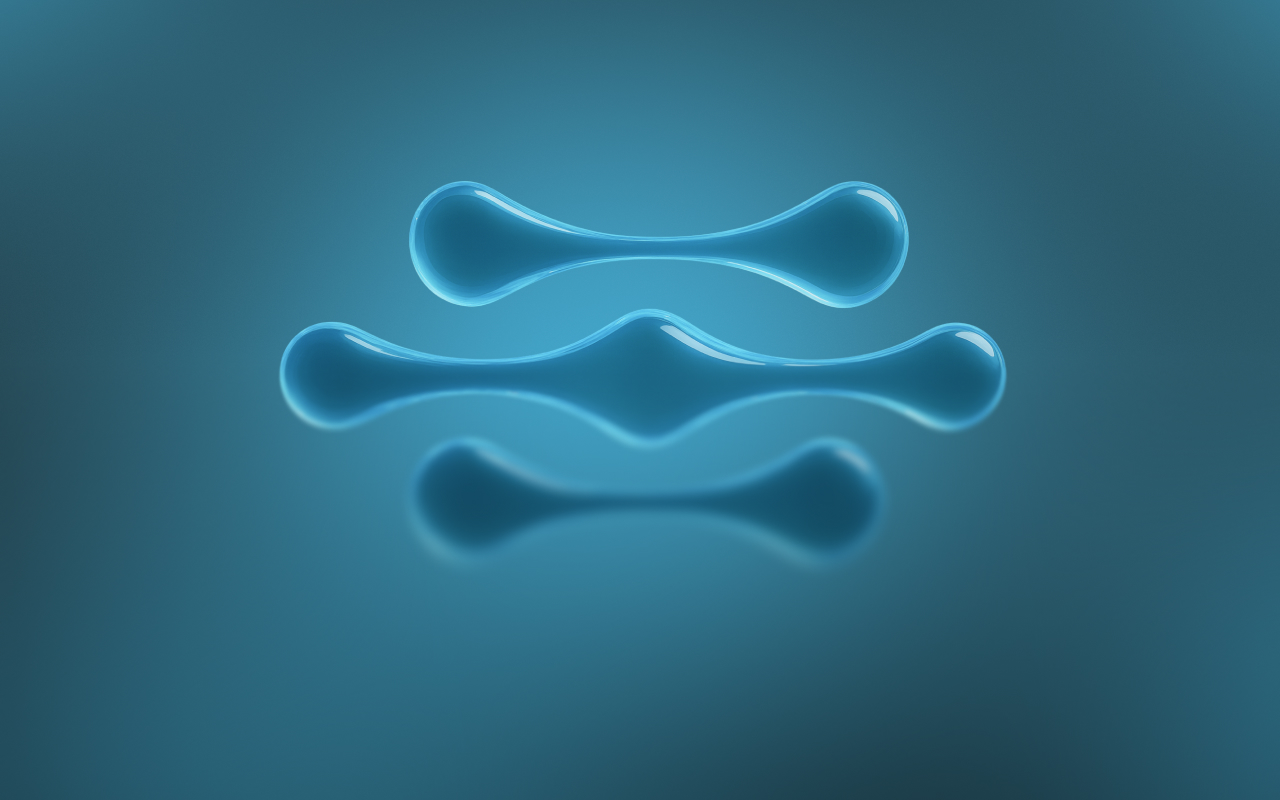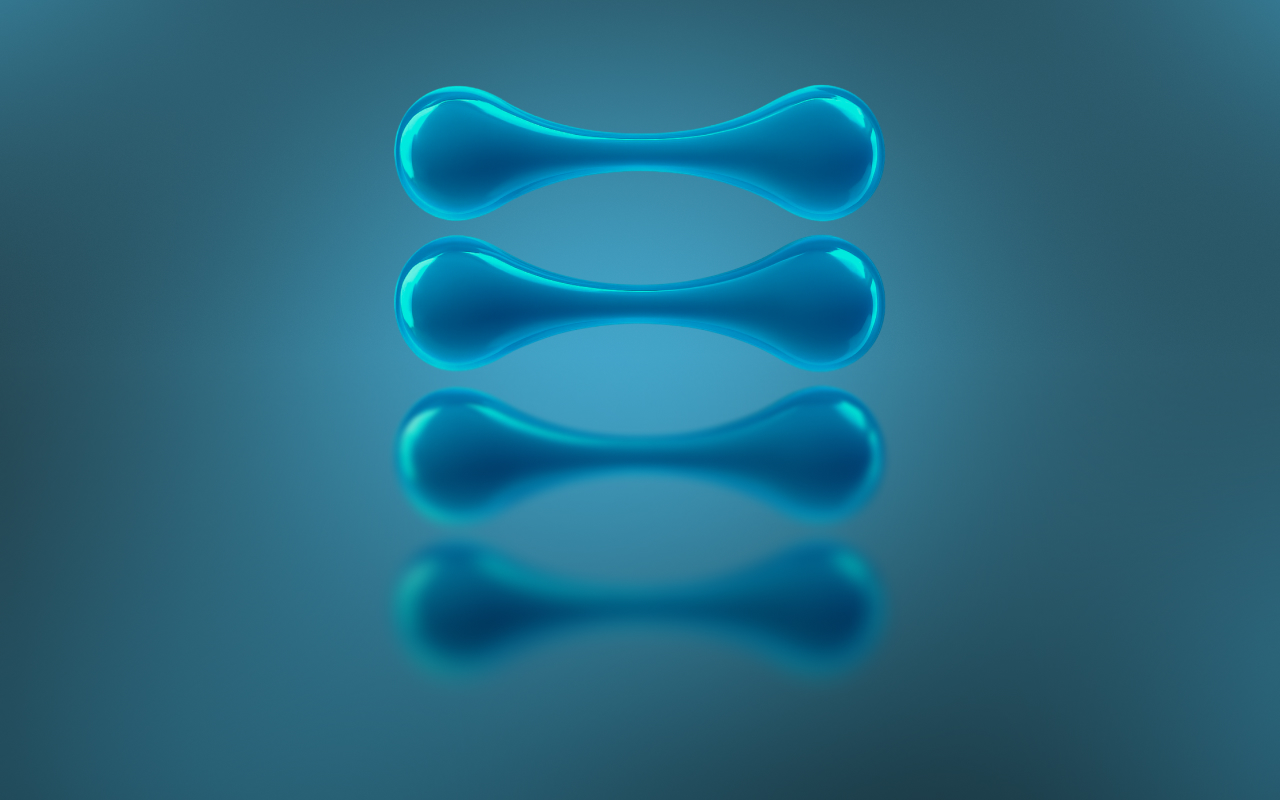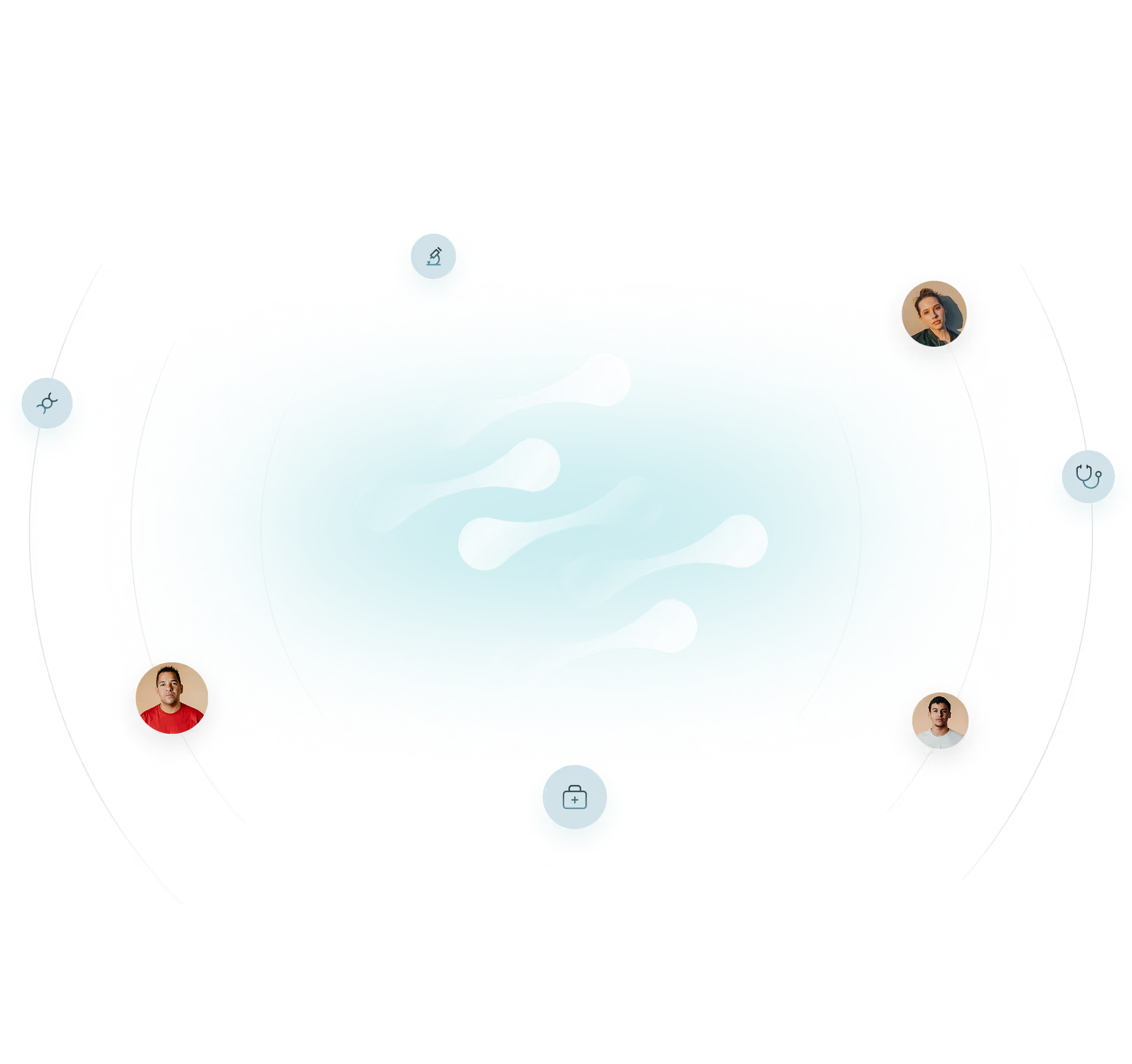Vertebra-1H

Representing and Revisiting Overlooked Historical and Traditional Spine Medical Insights with Modern Knowledge Background
Vertebra-5H: Revolutionizing Spine Surgery Research Through Decentralized AI
Vertebra-5H is a system at the intersection of AI and decentralized technologies, designed to unlock groundbreaking insights in spine surgery. We're building a robust platform that leverages a decentralized semantic network and an agentic hypothesis generation engine to systematically mine and integrate overlooked clinical observations from historical spine surgery and traditional medicine texts with modern scientific knowledge.
At the heart of Chronos lies our Optimized Knowledge Graph Structure. This central piece integrates established medical knowledge frameworks—such as the Hypothesis and Evidence Ontology (HypE), The Open Research Knowledge Graph (ORKG), or the Unified Medical Language System (UMLS)—with OriginTrail’s Decentralized Knowledge Graph (DKG). This unique architecture enables us to:
- Formalize historical clinical observations and traditional spine surgery knowledge into machine-readable, refutable hypotheses.
- Seamlessly link these historical insights to modern scientific concepts and evidence, bridging the gap between past and present.
- Ensure traceability from past observations to present research opportunities, allowing for a comprehensive understanding of knowledge evolution.
- Facilitate cross-domain connections and hypothesis testing, fostering interdisciplinary research in spine surgery.
Our system performs Comprehensive Knowledge Cartography, populating this knowledge graph with overlooked clinical observations from historical spine surgery texts (provided by SpineDAO) and traditional medicine, alongside modern spine healthcare domains. This process highlights forgotten theories, overlooked clinical observations and procedures, and emerging links that can inform future research.
A key component of Chronos is its Autonomous Hypothesis Generation Engine. This engine leverages the optimized knowledge graph to propose innovative, testable research directions for spine surgery. Each generated hypothesis is enriched with comprehensive contextual evidence, drawing from historical observations, modern studies, and translation nodes within the graph.
Through Decentralized Knowledge Integration, Chronos utilizes OriginTrail’s DKG plugin to write findings to a shared "SpineGraph." Our BioAgents automatically contribute by adding new nodes and edges as they process both historical and modern literature, continuously enriching the knowledge base.
Bonus Knowledge Preservation Tasks:As part of our commitment to knowledge longevity and accessibility, Chronos also includes capabilities for:
- OCR Digitization: Implementing OCR using libraries like RolmOCR to digitize previously undigitized Spine Archives texts.
- Redundant Storage: Agents store digitized documents on various centralized and decentralized services for robust preservation and accessibility.
Test Dataset and Prototype Example:The project will provide digitized and undigitized French historical Spine medical texts from the Académie Nationale de Chirurgie for participants to use as an example of their knowledge graph structure and hypothesis generation engine. Additionally, Chronos includes a prototype showcasing the complete workflow—OCR digitization, an optimized knowledge graph using HypE, and novel hypotheses generated from a historical text. This example will be provided to participants for improvement.
Roadmap
Foundation and Infrastructure
- Define DICOM standards, metadata, and tagging protocols.
- Implement Web3-secure, GDPR-compliant image storage with encryption and access controls.
- Recruit radiologists, imaging techs, AI developers, and data validation specialists.
Dataset Curation & AI Training
- Process and label 20,000–100,000 MRI/CT scans for pain generators, damage patterns, and surgical indicators.
- Train FILTER AI and integrate insights into DeScide (decision-support AI) and Tracker (post-surgical monitoring).
- Establish a quality control system with weekly audits and automated validation scripts.
Clinical & Research Deployment
- Pilot AI-powered imaging predictions with surgeons to validate outcomes and risks.
- Develop an API for real-time imaging insights across SpineDAO applications.
- Expand dataset size to 250,000+ scans and introduce automated spine segmentation and 3D reconstruction.
Commercialization & Global Expansion
- Monetize RadiomiX as a B2B API for hospitals, insurers, and MedTech partners.
- Establish a SpineDAO Imaging Consortium with AI labs, universities, and hospitals.
- Organize AI challenges to enhance diagnostic accuracy and secure DeSci funding.












